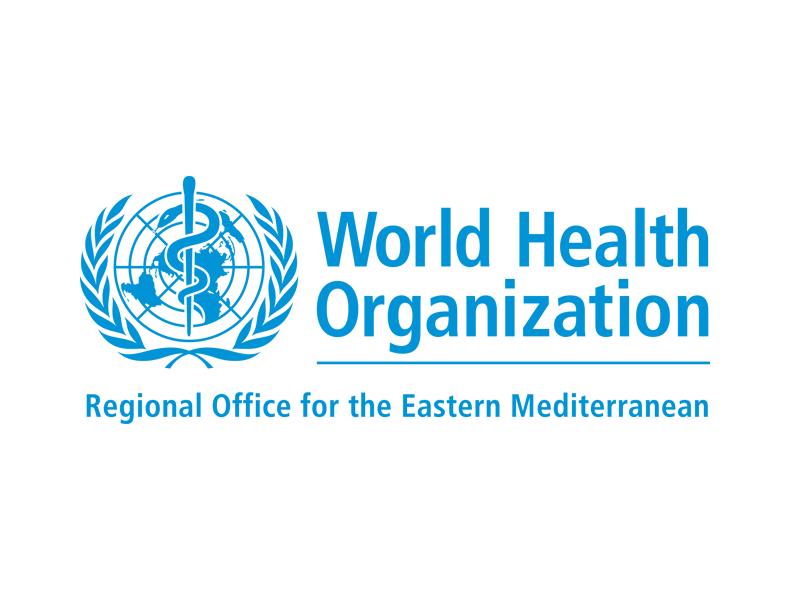
Cairo/Islamabad, 5 September 2022 – We are following closely and with deep concern the humanitarian crisis currently facing the people of Pakistan as a result of devastating monsoon floods.
Our thoughts and prayers are with the people of Pakistan, especially in the directly affected communities and including our own WHO staff and national partners who continue to work tirelessly to respond to the massive health needs, even while being personally impacted by this disaster.
The current scale of damage and destruction due to the floods is like none seen before in Pakistan – a result of long-term global climate change leading to more severe weather conditions.
Tens of millions of people are now forced to use unsafe water, both to drink and for their daily needs; they are also exposed to the elements due to damage and destruction of their homes, and many are displaced. This has resulted in increased exposure to diseases already circulating in the country, including acute watery diarrhoea, malaria, dengue fever, typhoid, measles and leishmaniasis. Early disease surveillance reports are already showing an increase in cases of diarrhoea, malaria and typhoid. Other diseases in the country, such as polio and COVID-19, are also at increased risk of spreading if the situation is not rapidly contained.
Thousands of pregnant women have lost access to health facilities and services for safe delivery of their babies, increasing the risk of medical complications as their options are limited to delivery at home. Those needing medical attention for existing conditions will face diminished access, while tens of thousands of people, including children, need psychosocial support and mental health services to cope with the enormous losses they are experiencing and destruction they are witnessing.
With almost 10% of the country’s health facilities damaged or destroyed, WHO has stepped in quickly to support the ongoing efforts of the Government of Pakistan and the Ministry of National Health Services Regulations and Coordination to ensure that the affected people have access to the essential health services that they need. Our goal is to prevent this natural disaster from evolving into a complex public health catastrophe that results in further unnecessary loss of life.
Over the past few weeks, we have scaled up disease surveillance in flood-affected areas and delivered essential medicines, medical supplies and testing kits to functional health facilities and laboratories.
Mobile health teams have been redirected to flood-affected areas to provide health and nutrition services for pregnant women, new mothers and their babies, and children, and more than 4500 medical camps have been set up by the Pakistani government, WHO and health partners to ensure that people have access to basic and essential health services.
As Pakistan faces one of the worst natural disasters in recent history, I urge the international community – and especially the Member States of WHO’s Eastern Mediterranean Region – to demonstrate the solidarity and action that are embodied in our regional vision of “health for all by all”. Millions of men, women and children have already lost their homes and their livelihoods – they should not lose another basic right: the right to heath care.
Despite limited resources, Pakistan has been one of the first countries to offer support when other countries in the Region have faced their own humanitarian emergencies, including their generous hosting of currently 1.3 million refugees. It is now our responsibility to come together and help the people of Pakistan, at a time when they need our support the most.









